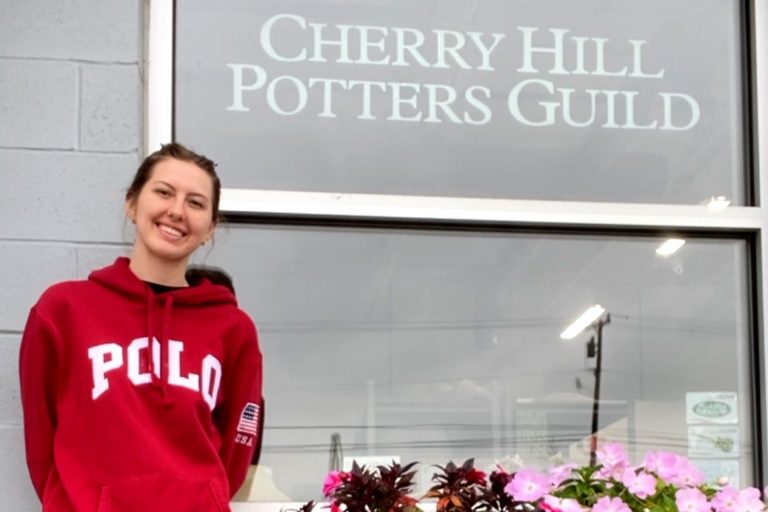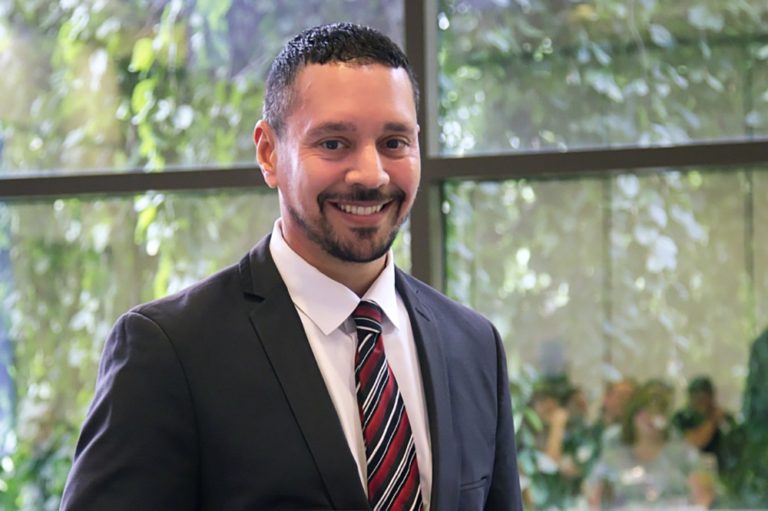The Midwest is becoming more religiously diverse, and with that comes new sounds that can shape communities, says a Michigan State University researcher who will use a grant to create a digital sound map of religion in Midwestern cities.
Amy DeRogatis, associate professor of religious studies at MSU, and Isaac Weiner, assistant professor of comparative studies at The Ohio State University, have been awarded a $30,000 grant for their Religious Soundmap Project of the Global Midwest. Their team also consists of faculty and students from both institutions from digital humanities, religious studies, ethnomusicology, American studies and multimedia graphic design.
As for its grant funding, the Religious Soundmap Project is supported by the Humanities Without Walls consortium, based at the Illinois Program for Research in the Humanities at the University of Illinois at Urbana-Champaign. The HWW consortium is funded by a grant from the Andrew W. Mellon Foundation.
Until now, most research has focused on religious diversity in coastal cities, emphasizing doctrines, practices and institutions, DeRogatis said. So the project is filling a void in the study of Midwestern religions while also inviting new ways of thinking about religion.
“By paying attention to sound, we hope to investigate what constitutes religious practices specifically as religion in everyday lives,” she said. “Sound invites us to think more expansively about where religion happens, to move beyond traditional religious institutions. I hope that when the sound map is done, when people listen to the religious sounds, they will hear the religious diversity of their own communities.”
The religious sound map will appeal to multiple audiences, including scholars, teachers, students, artists, local historians and community activists. DeRogatis hopes it will serve as a portal connecting other digital projects on Midwestern diversity and to religious sound mapping projects in other regions.
Student researchers from MSU and OSU will work with DeRogatis and Weiner to record “canonical” sounds, such as Islamic prayer calls or Buddhist chanting. And they’ll also record “non-canonical” sounds in homes and workplaces during public festivals and in secular gatherings, such as school graduations or football games. These recordings will be integrated along with interviews, visual images and explanatory texts onto a publicly accessible online mapping platform.
In addition to creating a searchable map, the team will archive its recordings at OSU’s library. After the map officially launches next spring, there will be museum installations and traveling exhibitions. Listeners will be able to upload their own recordings, as well, and the researchers eventually hope to develop a smartphone app and a teaching template for professors and K-12 educators.
“We’re attentive to how the Midwest’s diversification has been shaped by larger structural forces related to economics, politics, race relations and other factors,” DeRogatis said. “As we craft new narratives about the Global Midwest, we remain committed to understanding how certain religious practices come to be more or less audible in the first place. In this way, sound mapping can offer a powerful tool for interpreting globalization’s complicated dynamics as they play out in particular local settings.”
Published on MSUToday


